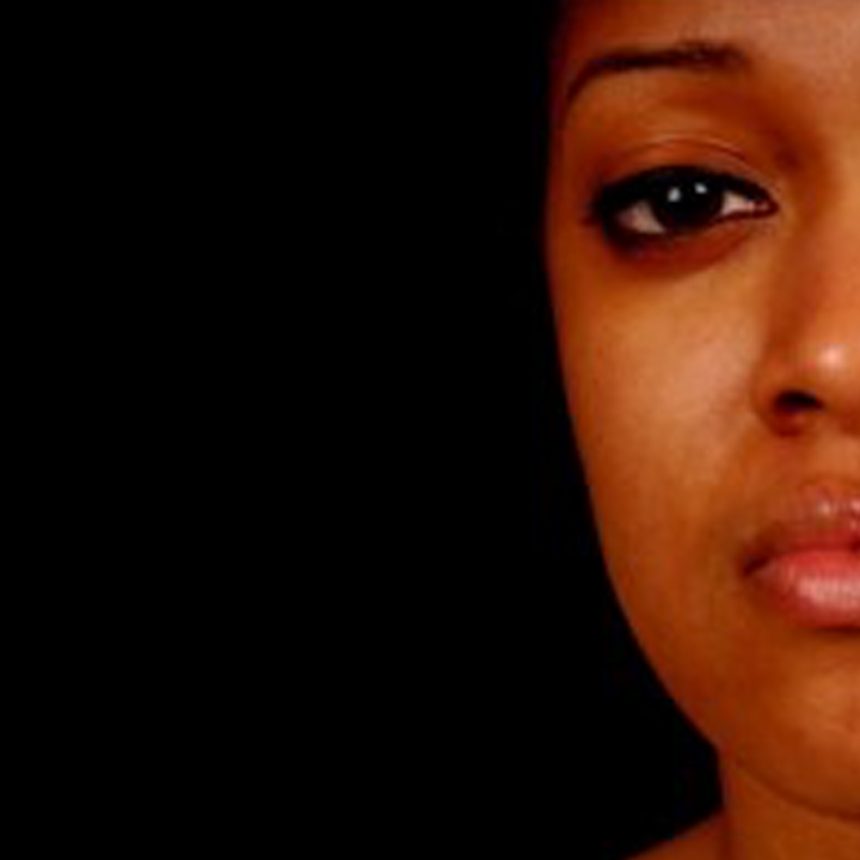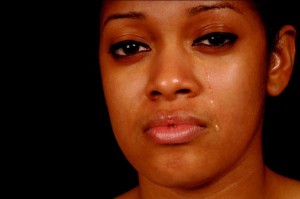We all experience loss in our lives. Someone close to us eventually dies. Is there a way of preparing for the grief that’s to come? Probably not. We have been taught that there are clear and structured steps that occur during the grief process. However this supposed process doesn’t have data to support its validity.
My clients ask me, “Am I in the bargaining stage or denial?” “How long will I be in the anger stage?” “When will I reach acceptance?”
My advice is to not get hung up about any of these stages or steps because we all grieve differently and focusing on these stages may cause you to feel that you are not grieving correctly. I ask my clients how they would like to feel about their loss. Most folks have no idea immediately after the death because they are so overwhelmed. If that is the case, I tell them that they will eventually figure out how they want to feel about their loss, but now the work is to talk about all the feelings that come up including sadness, anger, confusion, guilt and emptiness.
Grief is unpredictable and doesn’t follow any certain path. I believe the common experiences of grief are: We all feel some type of emotional and physical pain, If we ignore the pain, it will not disappear, we sometimes feel that no one understands what we are experiencing, we all feel numb during the grief journey, feelings of loss come up when we don’t expect them to, at times we get angry at ourselves because of the belief that we should be further along in our grief journey than we are and we all have feelings that last long after our loved one has died.
There are grief experiences some of us have and some don’t. They are: Crying while having memories about your deceased loved one, finding solace when visiting your loved one’s grave, finding meaning when having events that mark that anniversary of her death, keeping your loved one’s clothes or keepsakes, keeping a journal about your loss, attending a grief support group, going to individual therapy, reading grief and loss books or blogs, talking to friends or family about your loss, mourning becomes stuck grief-that is the intensity of the grief doesn’t diminish after a long period of time, the sense that your loved one’s spirit is often present and the feeling that your relationship continues to develop with your deceased loved one as time moves on.
Is it better to experience your feelings of loss rather than push them away? I think it is better to feel the pain than to stuff it down. Repressing your feelings make cause you to have physical ailments that effect your digestive system, your ability to sleep and other parts of the body may break down.
If you don’t face the pain, you may never examine why it is difficult for you to become close with others. You may be reluctant to enter into a primary relationship, but not have any idea why. If you allow yourself to experience the pain, you may discover that the death of your loved one caused you to avoid ever having this sense of devastation again. Therefore you avoid forming close relationships.
Grief never ends. It evolves, blossoms, teaches, surprises and humbles. When my father died suddenly when I was fifteen, I was unable to really grieve because I was totally overwhelmed and without direction. I didn’t listen to anyone’s advice and I was an emotional disaster area. After all what coping and grieving skills does a fifteen year old have? It took me years to understand the magnitude of his loss. I learned that I had moved out of the stuck grief state because I no longer asked myself the same questions over and over again. Where I once spent hours asking “why did he die?” the spinning of this worry has been replaced with calmness and peace.
My mother died when I was in my fifties and I took the lessons from grieving my father’s death and began applying them immediately after she died. During my daily five mile runs, I listened to Roseanne Cash’s great album Black Cadillac. This record is about her facing the deaths in a two year period of her mother, step-mother and father; Vivian Liberto, June Carter Cash and Johnny Cash.
I would purposely chose the most emotionally wrenching songs to listen to while I ran. I allowed myself to feel the raw grief that comes up through the stomach to the throat. Tears and screams of anguish followed. I had the awareness that directly facing my mother’s death was best for me. I remember times I was inconsolable, but deep inside even though the pain of her loss was almost unbearable, I knew I was doing my grief work. Eventually the rawness and sense of not being able to deal with sad feelings transformed into a sense of letting go of the anguish.
Each year new anniversaries of their deaths comes up in the winter months. Some years I will cry and honor how hard it is to live without a mother or father. Other years I will acknowledge the dates, but not feel deeply about their losses.
We all grieve differently. There is no right or wrong way. Sometimes you may be in the space where you can face the loss. Other times you may not be ready to because of work and family commitments. You may also fear that once you get into the feelings and memories of your loved one, you will fall apart and not be able to recover.
You can only grieve at your pace, there is no standard to follow no matter what anyone else says. Some say it is better not to face the loss of a loved one because it will cause great sorrow. Sorrow, like joy is an essential element of life to be embraced.
My Dear Loyal Readers: Please feel free to comment below or on https://www.facebook.com/HealingEmotionalPain I would appreciate your thoughts and feelings about this blog. What are your grief experiences? Do you agree or disagree with what I am saying here? Thanks!!!
[magicactionbox id=”857″]



Leave a Reply